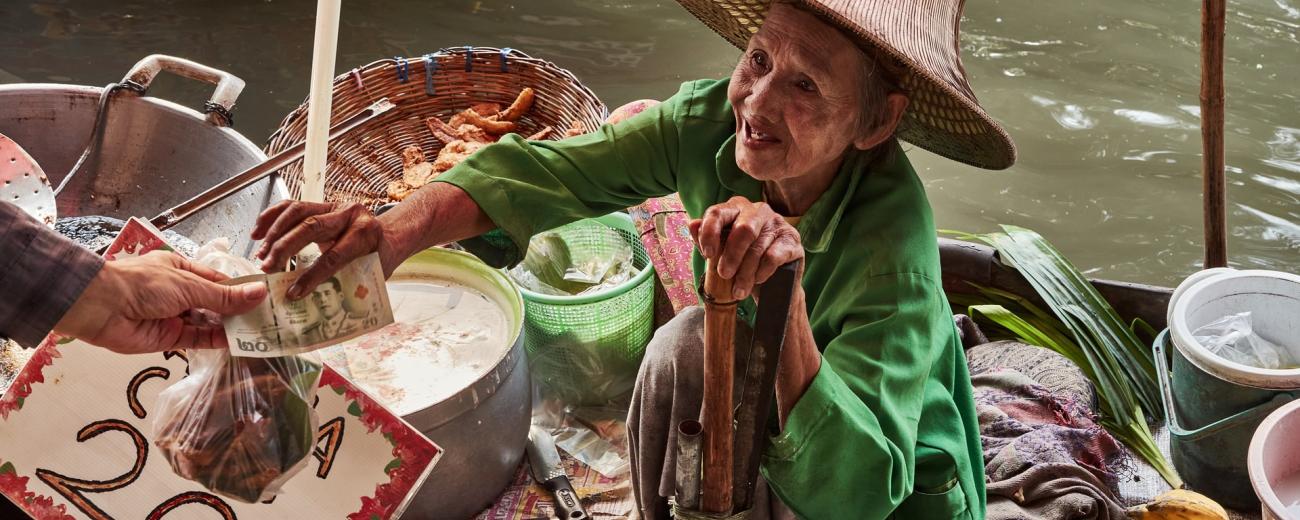Academic staff at the Department of Economics


Academic staff at the Department of Economics.
Head of Department & Senior Lecturer in the Economy of Japan

Academic staff at the Department of Economics.